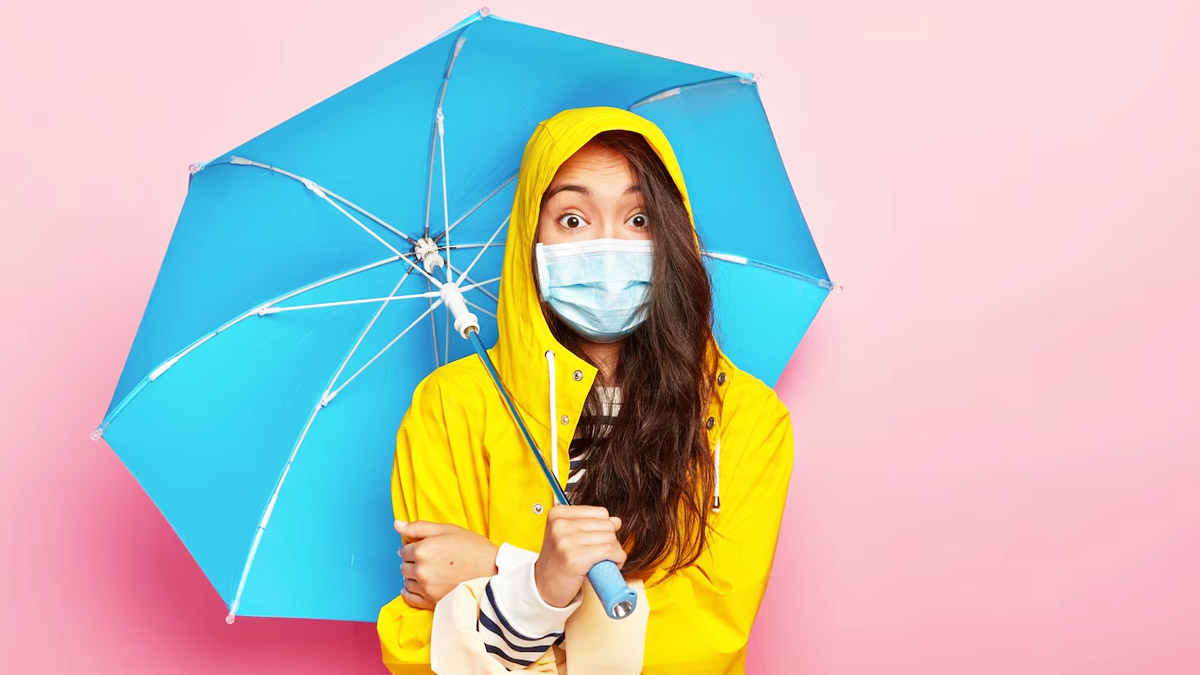
As the monsoon season sets in, bringing relief from the scorching summer heat, it also ushers in a time when water-borne diseases become a prevalent concern. With heavy rainfall and increased humidity, the risk of contracting water-borne illnesses tends to rise during this time of the year. Here are some common water-borne diseases that individuals should be aware of and take precautions against during the monsoon season.
Table of Content:-
Common Water Borne Diseases
1. Cholera
Cholera is a bacterial infection that spreads through contaminated water and food. It causes severe diarrhoea, vomiting, and dehydration. To prevent cholera, it is crucial to consume only clean and safe drinking water, avoid street food or raw vegetables, and maintain good personal hygiene.
2. Typhoid
Typhoid fever is caused by the Salmonella Typhi bacterium and is transmitted through contaminated food and water. It leads to high fever, headache, abdominal pain, and weakness. Proper hygiene practices, drinking boiled or purified water, and eating freshly cooked food can help prevent typhoid infection.
3. Hepatitis A
Hepatitis A is a viral infection that affects the liver. It spreads through the consumption of contaminated food and water. Symptoms include jaundice, fatigue, nausea, and abdominal pain. Vaccination against hepatitis A and maintaining proper sanitation and hygiene are essential for prevention.

Also read: National Doctor’s Day 2023: Date, History, Significance, Theme And Important Details
4. Diarrheal Diseases
Various types of bacteria, viruses, and parasites can cause diarrheal diseases such as gastroenteritis. These infections are commonly transmitted through contaminated water and food. Drinking clean water, practising hand hygiene, and avoiding uncooked or undercooked food are crucial in preventing diarrheal illnesses.
5. Leptospirosis
Leptospirosis is a bacterial infection that can be contracted through contact with water or soil contaminated with urine from infected animals. During the monsoon season, the risk of exposure to contaminated water increases. Wearing protective footwear, avoiding wading through stagnant water, and maintaining clean surroundings can help prevent leptospirosis.
Prevention is always better than cure when it comes to water-borne diseases. It is vital to maintain proper hygiene practices, drink clean and safe water, and consume freshly cooked food during the monsoon season. Regular handwashing, avoiding street food, and ensuring that water sources are clean and properly treated are essential precautions that can significantly reduce the risk of water-borne illnesses.
In case of any symptoms or illness, seeking medical attention promptly is advised. Remember, a little caution and care can go a long way in ensuring a healthy and enjoyable monsoon season.
Also watch this video
Read Next
Monsoon Season and Tonsillitis: Expert Shares Connection and Effective Management Strategies
How we keep this article up to date:
We work with experts and keep a close eye on the latest in health and wellness. Whenever there is a new research or helpful information, we update our articles with accurate and useful advice.
Current Version